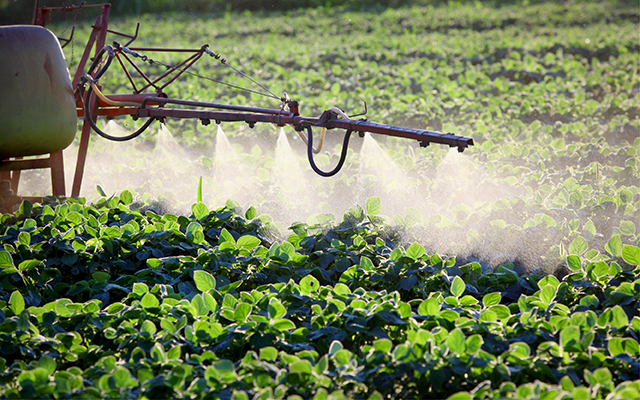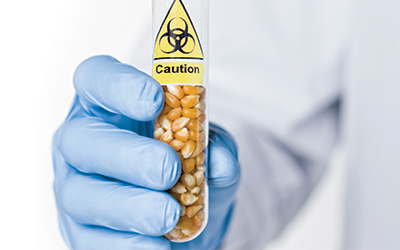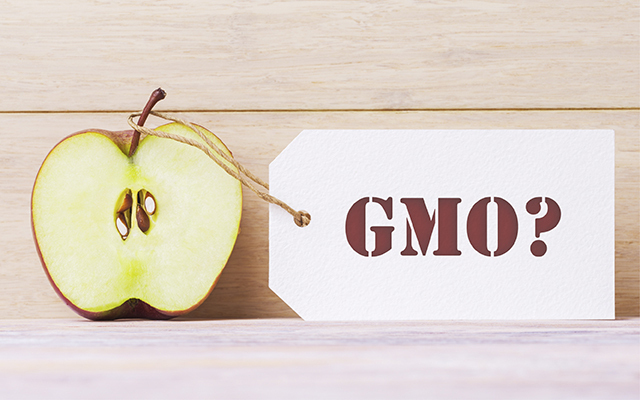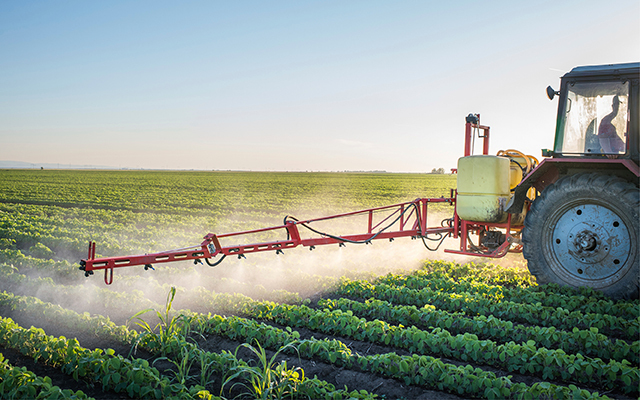The world’s most popular weed killer — commonly used in growing food and in lawn care — causes cancer, according to the state of California.
Glyphosate, the key ingredient in Monsanto’s Roundup, was listed July 7, 2017, as a human carcinogen by California’s Office of Environmental Health Hazard Assessment under the state’s Proposition 65 law. The action could have global implications for sale and use of the herbicide, as California often leads the way as a public watchdog.
Monsanto tried to block the listing in state appellate court and California’s Supreme Court. It has appealed the rulings.
Used in 160 countries around the world, Roundup was deemed the most heavily used agricultural chemical ever in a 2015 study published in the journal Environmental Sciences Europe. American farmers apply some 250 million pounds of glyphosate to fields annually — so much that glyphosate residue has been found in drinking water, mothers’ breast milk, even organic foods.
The use of glyphosate in part gave rise to public concern about GMO (genetically modified) foods as Monsanto and others also sell corn, soybean, cotton, and other seeds that are genetically engineered to be herbicide tolerant. These crops “now account for about 56 percent of global glyphosate use,” the study authors wrote. (Read this article for more on GMOs.)
The World Health Organization’s International Agency for Research on Cancer unanimously determined in 2015 that glyphosate is “probably carcinogenic to humans.” But the new California listing goes further, requiring that Roundup must now carry a label warning California consumers that it can cause cancer. Roundup is used on farms, orchards, vineyards, golf courses, and home lawns globally.
Several studies have found that glyphosate is a human endocrine disruptor, meaning it interferes with the function and creation of hormones. In March 2016, the U.S. Food and Drug Administration announced that it would begin testing for residues of the chemical in our food.
For its part, Monsanto vowed to continue its legal fight against the designation; a company spokesperson called the decision “unwarranted on the basis of science and the law.” On its website, Monsanto further states that “Glyphosate has a long and proven history of safe use.”




This Post Has 0 Comments